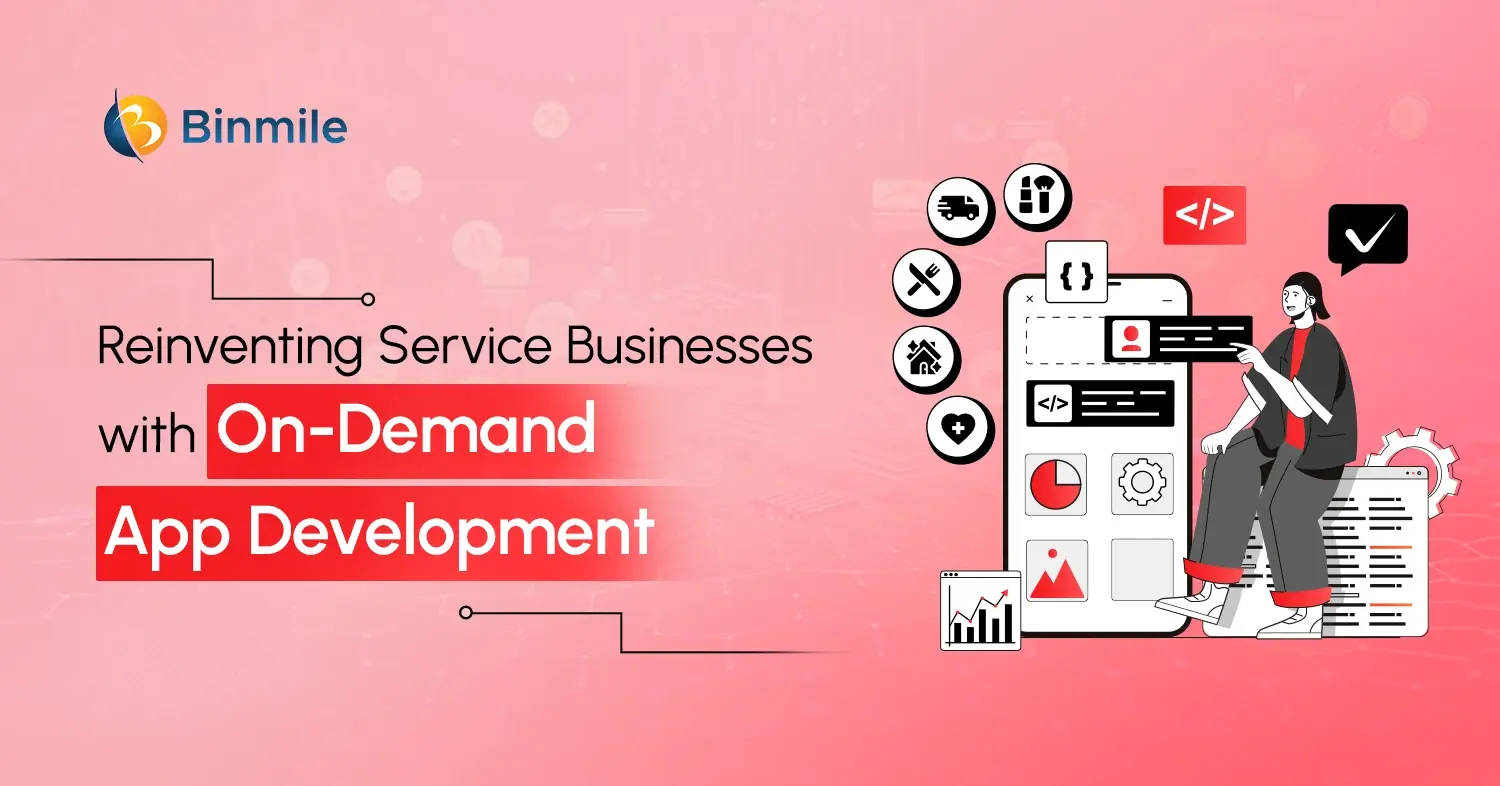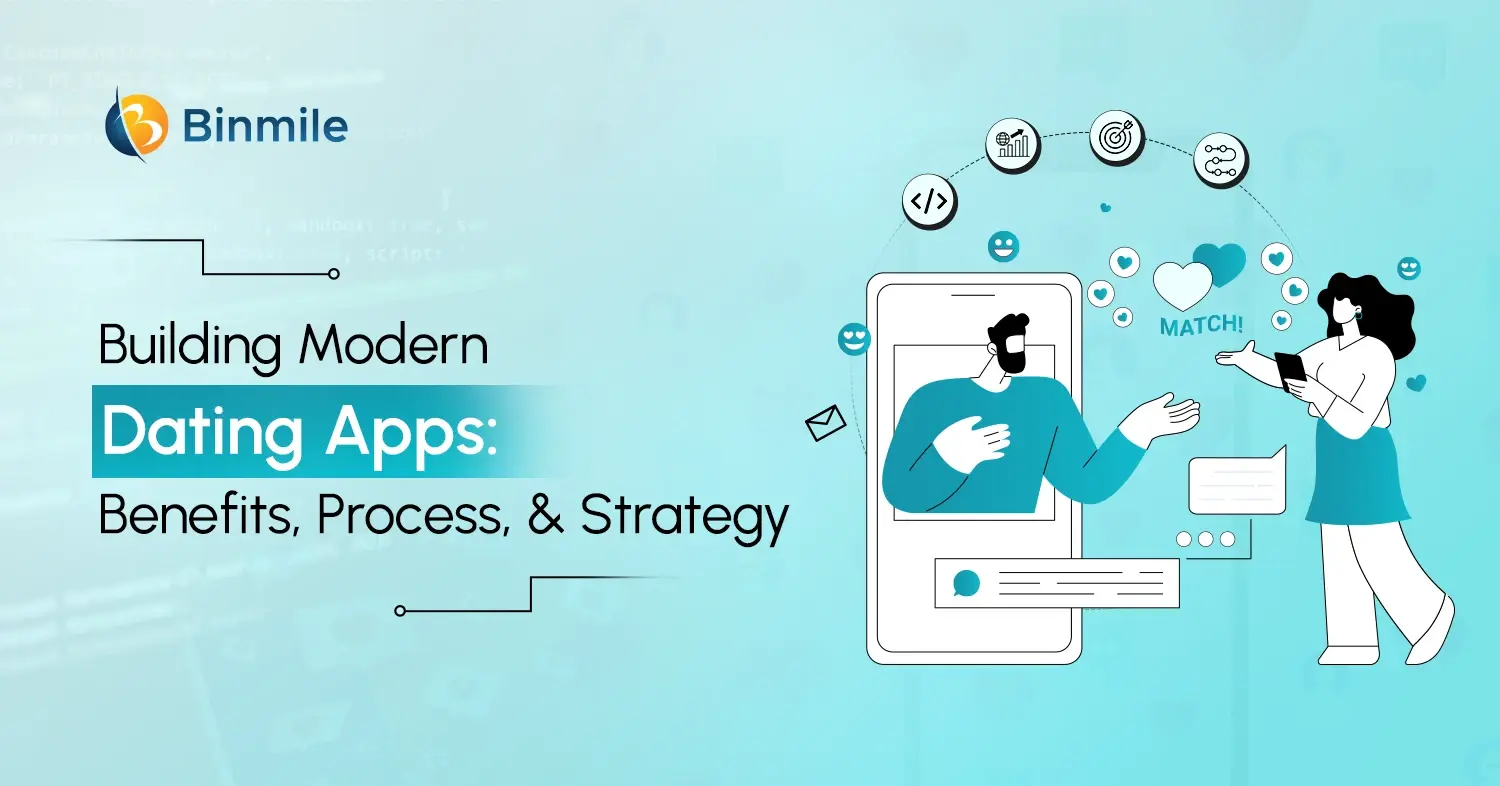Mobile apps have revolutionized how we live, eat, watch, work, and travel. Custom mobile applications offer users a convenient, accessible, and user-friendly way to purchase products and services on the go. Moreover, these apps provide increased engagement, customer loyalty, and revenue opportunities for businesses if you have high-quality apps. So, why should your travel business go for travel app development or not? The answer is a resounding yes. Of course, your business website needs to be optimized for mobile, but it still can’t beat the experience of an app. These digital tools offer a powerful platform to connect with customers, increase bookings, streamline operations, and enhance overall user travel experiences.
However, creating a robust and user-friendly travel app demands not only ongoing investment in fresh content and compelling features to keep users engaged and returning. Additionally, your app must have captivating visuals, be secure, and be responsive to encourage users to stay longer and provide more value than your competitors. Thus, in this blog, we’ll explore 7 essential tips to help you develop a travel app, key features to have a successful app like AirBnB, Kayak, or Expedia, and in addition to that, we’ll also delve into how much does an app development cost?
The Definitive Travel App Development Guide 2025: How-to, Costs & Top Features
With the holiday season around the corner, the mobile app industry offers millions of options to every individual looking to plan a vacation. That’s why, amidst millions of mobile apps, building travel apps seems like a daunting task for many small businesses. However, if you’ve done your research properly and have partnered with the right mobile app development company, you’re sorted. and at times even big enterprises struggle. Therefore, to help you build a travel app that simplifies trip planning, booking, and management for your users, we’re listing 7 best practices for effective travel app development.

1. Market Research and Concept Definition
Market research is the cornerstone of successful app development, serving as your roadmap for creating a product that truly meets user needs. This critical first step involves diving deep into the travel app marketplace to understand what exists, what’s missing, and where opportunities lie. You’ll need to analyze competitors like Booking.com, Expedia, and Airbnb to understand their strengths and weaknesses. This phase also involves identifying your target audience, understanding their pain points, and determining how your app will solve their problems uniquely. The insights gathered here will shape every subsequent decision, from feature selection to marketing strategy.
2. Appropriate Feature Selection
Once you understand the market, you’ll need to carefully select the features that will make your app valuable and competitive. You need to be careful with the features since they directly impact development costs, timeline, and user adoption. Start by defining your core features—the essential functionalities without which your app cannot serve its primary purpose. For a travel app, this typically includes booking capabilities, search functions, and user profiles. Then, map out secondary features that will differentiate your app from competitors. The key is striking the right balance between functionality and simplicity, ensuring your app is powerful enough to be useful but not so complex that it becomes difficult to use or maintain.
3. Choose the Right Technology Stack
The right technology stack ensures the app’s performance, scalability, and security. Select a platform (native or cross-platform) based on your target audience and resources. You’ll need to choose between native and cross-platform development, select appropriate backend technologies, and plan your database structure. This step also includes identifying necessary third-party integrations like payment gateways, mapping services, and booking APIs. Proper technical planning prevents costly mistakes and ensures your app can grow with your user base, so consider factors like load times, offline functionality, and data synchronization requirements.
4. Design a User-Friendly Interface (UI/UX)
The design phase transforms your feature list into an intuitive, engaging user interface; it starts the user journey from opening the app to completing a booking, ensuring each step is logical and effortless. It’s quite critical because it determines how users will interact with your app and significantly impacts user satisfaction and retention. Focus on creating a clean, intuitive design that makes complex tasks like booking travel arrangements feel straightforward. Pay special attention to visual hierarchy, navigation patterns, and accessibility, as the goal is to create an interface that’s both aesthetically pleasing and highly functional.
5. Robust Security Implementation
Your app is going to handle sensitive user data and financial transactions, so robust security is paramount for your travel app development. Start with implementing vigilant security measures to protect user information and maintain trust. Therefore, include secure authentication methods, data encryption, and secure payment processing, stay compliant with relevant regulations like GDPR, and implement regular security audits. You need to consider aspects like fraud detection, secure data storage, and backup systems to ensure the high-level security of mobile applications and boost the credibility of your app.
6. Rigorous Testing and Quality Assurance
Both are essential components to travel app development, as they help you create custom mobile apps that meet the needs, expectations, and requirements of customers. It also offers high-quality product offerings that build trust and loyalty with customers. So, conduct functional testing to ensure all features work as intended, perform performance testing to optimize app speed and responsiveness, and in addition, also implement user acceptance testing to gather feedback from real users.
7. Post-Launch Operations
This involves monitoring app performance, gathering user feedback, and making continuous improvements. Establish systems for tracking key metrics like user engagement, retention rates, and conversion rates. You can also implement a regular update schedule to fix bugs, add new features, and improve existing functionality. Maintain active communication with your user base through customer support channels and social media. Keep an eye on market trends and competitor activities to ensure your app stays relevant and competitive.
Elevate Your Brand with a Bespoke App Solution—Let's Design a High-Performance Travel App Built for Success!

How Much Does It Cost to Develop a Travel App: Insights and Estimates
If you’re wondering how much does it cost to develop an app for your travel business, then the development costs rely on a lot of different factors, such as app types and its features and complexities. For instance, on average, a basic travel app can cost between $20,000 to $50,000, which increases up to US$70,000 or more for an intermediate app. Likewise, the app development cost for a travel app with advanced features can exceed $100,000.
Also Read: AI in Travel and Tourism Industry
5 Types of Travel Mobile Apps with Estimated Cost
| App Type | Description | Estimated Cost |
|---|---|---|
| Flight Booking App | Allows users to search, compare, and book flights from various airlines. | $50,000 to $150,000 |
| Hotel Booking Apps | Helps users find and book accommodations like hotels, hostels, and vacation rentals. | $50,000 to $150,000 |
| Travel Guide Apps | Provides destination information, maps, recommendations, and curated travel itineraries. | $30,000 to $100,000 |
| Navigation Apps | Offers real-time GPS navigation, maps, and location-based services for travelers. | $30,000 to $80,000 |
| All-in-One Travel App | Combines features from multiple travel app types, offering a comprehensive travel solution. | $100,000 to $300,000 |
Top Features That Guarantee the Success and Growth of a Travel App
Even though you do suggest you build an MVP for your travel app for a soft launch. However, even while building a minimum viable product for your travel business, there are certain mobile app features that you cannot miss. These key features help not only in keeping existing customers but also capture the attention of new customers while opening the doors for new revenue streams. So, here’s a list of features commonly found in the most popular travel apps.

- User accounts and profiles to let users create and manage their accounts, where they can save their preferences and view booking histories
- Enable search and discovery feature to help users find specific services or information
- Allows users to book services directly through the app with secured booking and reservation options
- Uses GPS and location data to provide information about nearby attractions or services
- Includes maps and navigation tools to help users find their way, explore new areas, or track routes, often with real-time updates
- Features user-generated reviews and ratings to help users evaluate the quality and reliability of services based on other people’s feedback
- Offline functionality lets users access certain app features without an internet connection
- Shows visual and audio content to help users make informed decisions
- Sends push notifications or alerts for important updates
- Social media integration for sharing, login options, and personalized content.
- Advanced technologies such as AR and VR offer exciting, engaging, and immersive experiences, like virtual tours of hotels, attractions, and restaurants, or even entire cities.
- Enables users to narrow down search results based on criteria like price, location, rating, or availability
We’ve turned many innovative ideas into industry-leading products with our high-performing, scalable, and secure travel applications!

Closing Statement
No doubt having a successful travel app development helps you not only reach a wider set of mobile-first users. Custom mobile applications help you build loyal customer bases, provide insightful customer data, and more. However, developing an effective and versatile travel app requires just more than technical expertise or user-centric design and features. It also requires a deep understanding of the travel industry and a partnership with a development company that helps you build an app that will make a significant impact on the way people explore the world.
Therefore, whether you want to revolutionize travel or create a niche app, our custom software development services bring your vision to life. We excel in developing custom-made travel apps and software that ensure a hassle-free travel experience for your users and make them return with every use. So go ahead, discuss your project, and create a standout travel app.









